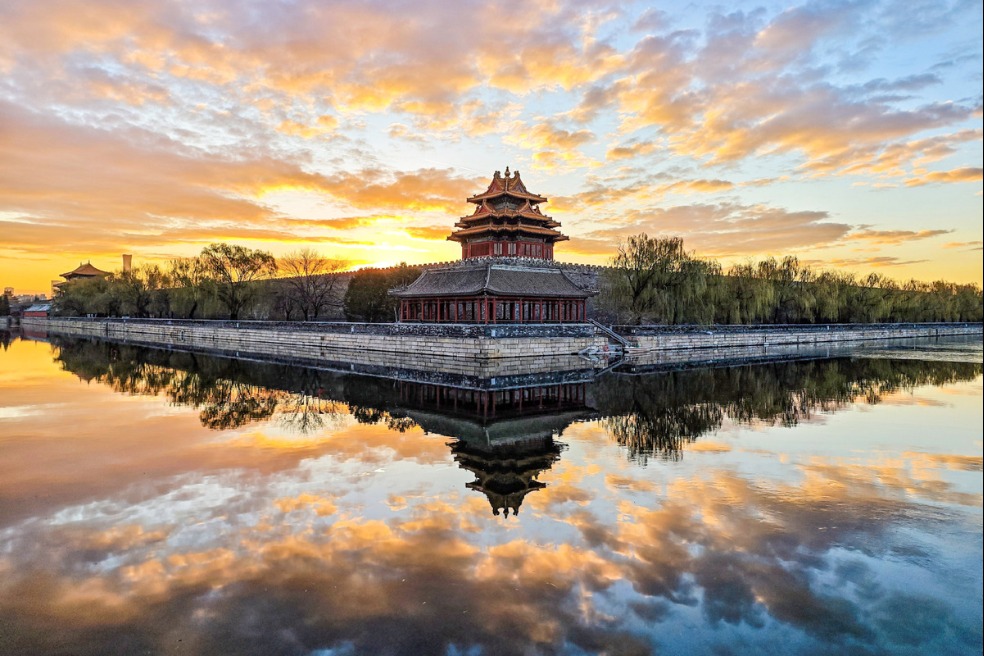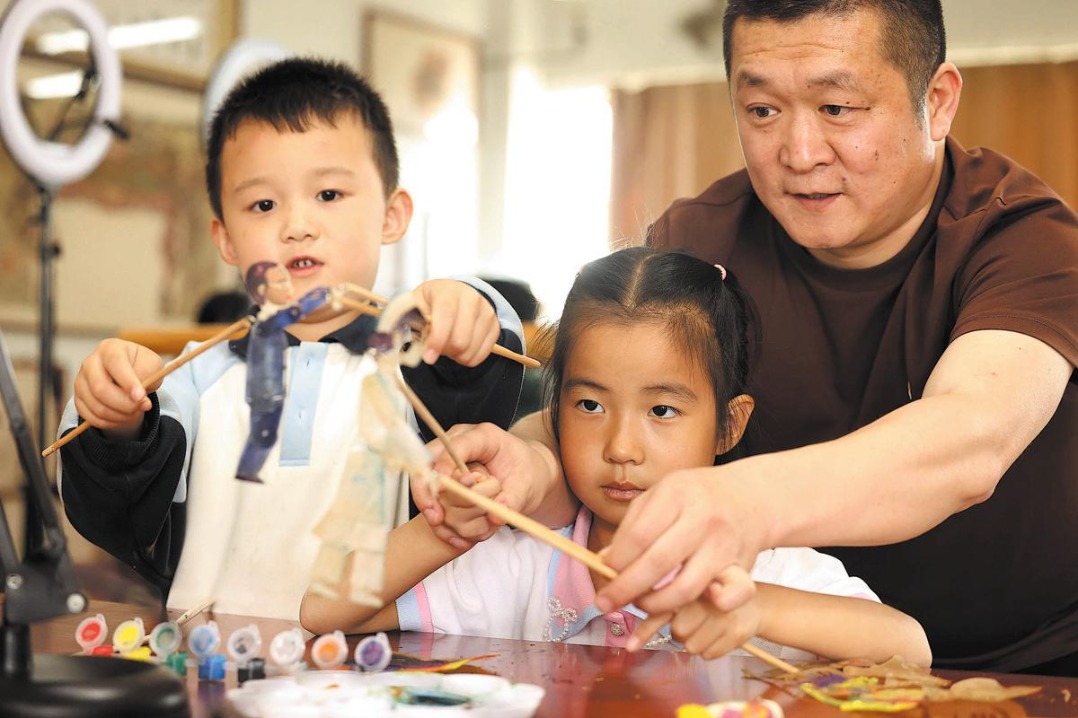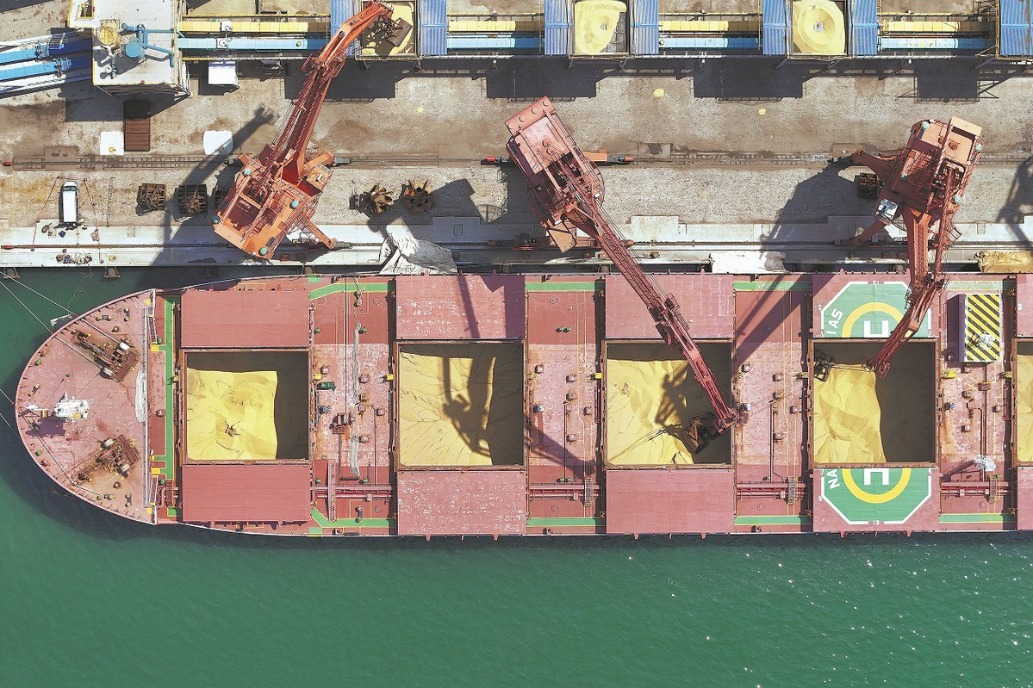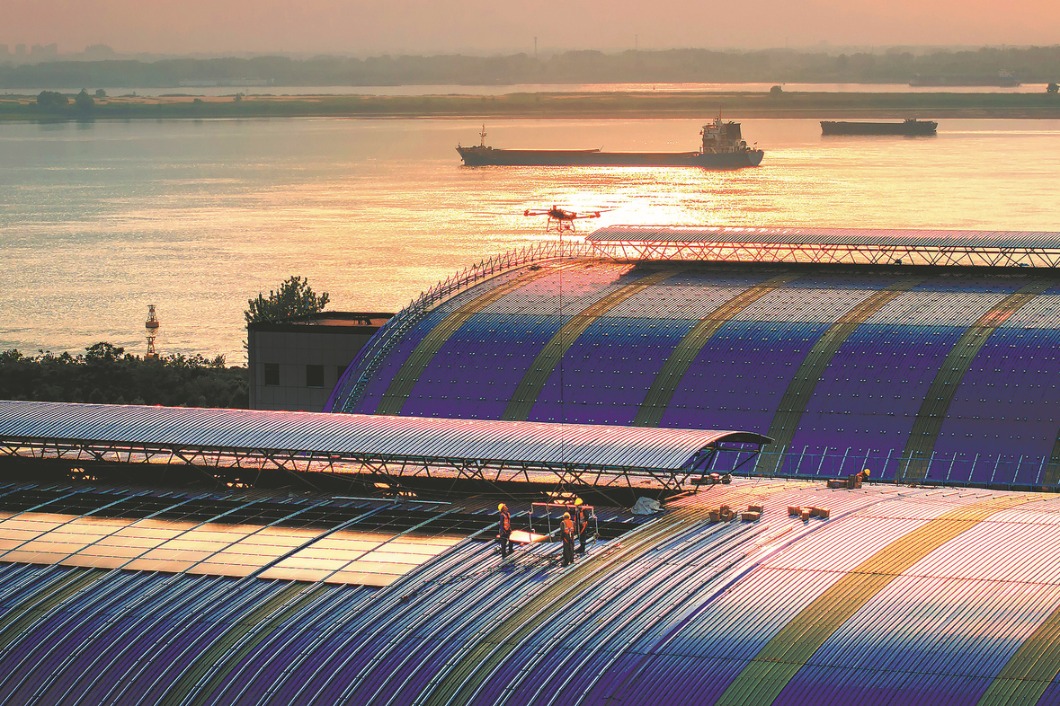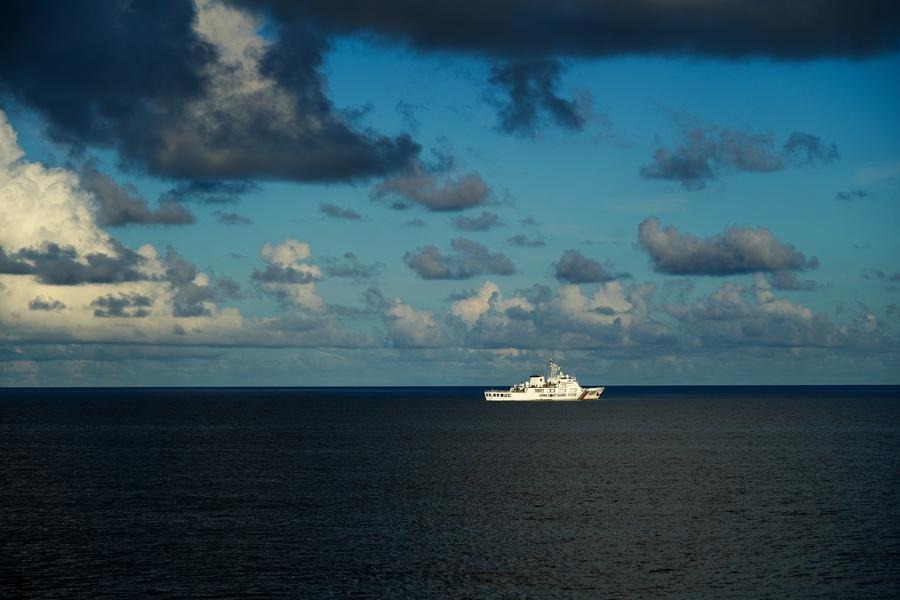The bumpy road of international trade

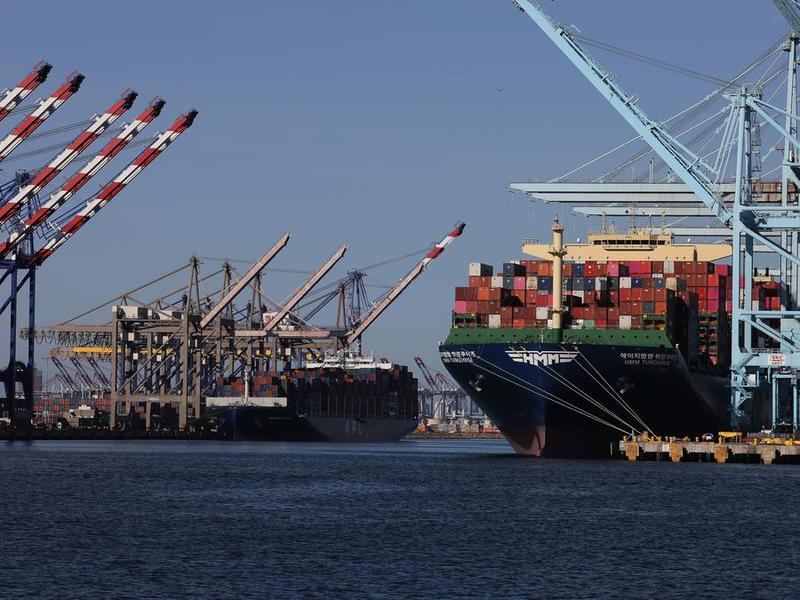
The unpredictability of US President Donald Trump's decisions, especially on tariffs, makes it impossible to predict his next move. Given the economic situation of European Union member states, which ranges from mediocre to downright bad (growth forecasts for 2025 have been revised downward, and are now barely positive), the EU needs an agreement with the United States, and is likely to find one.
On the other hand, there seems to be little interest in a comprehensive trade agreement with China for which the EU has reportedly proposed negotiations. The conditions imposed by the EU(human rights and respect for property rights for instance) may weigh on any new China-EU agreement. But from the EU's point of view, the decisive elements lie at the strategic level.
The EU's major companies, especially German, French and Dutch companies, remain committed to free trade, and are against using international trade as a weapon, while EU leaders intend to use both to impose their conditions on trade, to the point of blatantly coercing member states to change their political stance — even forcing member states like Hungary, Slovenia and Greece to adopt an anti-Russian stance.
It's as if the normative power conferred by the internal market ("if you want access to our market, obey our rules") were the last tool available to the EU which it intends to use, and even abuse. Unlike EU business leaders, EU political leaders don't want to accept that the center of global activity and wealth has shifted to Asia, and that we need to work with Asian economies for our own benefit.
Three structural factors are creating considerable uncertainty over the EU's economic future, and hence its relations with the US and the rest of the world.
After the recent major power cuts in Spain and Portugal, European Commission President Ursula von der Leyen accused Russia, without any proof, of launching a cyberattack on the electricity networks of those countries.
Besides, the support given by the EU and the United Kingdom to Ukraine is the real reason why Ukrainian President Volodymyr Zelensky remains belligerent. This fact, notwithstanding the disagreements among certain EU members and a significant percentage of the European population, has accentuated the dependence of the EU and the UK on the US. And the fact that the EU and the UK, due to their blind support to Zelensky, have been politically isolated from Russia's friendly countries could impact foreign trade.
This raises a serious question: Are French President Emmanuel Macron, British Prime Minister Keir Starmer, German Chancellor Friedrich Merz and von der Leyen students of Carl Schmitt? Schmitt was a German theorist who rejected liberalism and argued that conflict is the essence of politics.
Commercial, academic and scientific relations with China are the subject of an unspoken but serious confrontation between EU politicians and businesses. Many German, Italian, Greek and French companies have developed profitable relations with China and want to continue that relationship. Chinese investors and companies are present in Europe. But EU political leaders seem to be opposing cooperation and trade, notably in the name of "strategic autonomy". They see China first and foremost as a strategic competitor, a "potential enemy", a Russian "ally", but also as a rising power in Africa and the Middle East.
Above all, they view China as an existential opponent, because China's development over the last 40 years suggests that the liberal "model" and European "values" are not the only, nor the best, way to improve people's lives and livelihoods. China's rise is intolerable for those who have been reiterating that Western "values" are the best.
Now, and this is new, the EU is being dragged into an alignment with naval powers to form a united anti-Russian, anti-Chinese, anti-Belt and Road Initiative and anti-BRICS front. Both Merz and von der Leyen have adopted a tough, even aggressive, stance against China (even though both have recently moderated their tone).For instance, while the EU is pushing ahead with a project for an international network of universities to promote intercultural exchanges, no European university has been authorized to propose a partnership with a Chinese university.
Relations with the US remain the key point for the EU. Few people are aware of the extent of Washington's hold over the EU, of the interference of US embassies in the politics of countries such as Italy, Greece and Hungary. Even fewer are aware that, when it comes to international trade, the US and the EU do not negotiate as partners.
In Washington, as a member of the International Trade Committee, I witnessed during a negotiation the orders given by the US secretary of commerce to the deputies representing the EU. I also took part in an unofficial meeting in the European Parliament in Brussels, where the completion of Nord Stream 2 was being debated. At the time, an American speaker said that Nord Stream 2 should not and would not be built. A few months later, the completed pipeline was sabotaged, and no one in the EU denounced it as an act of war against Europe.
When I hear today the virulence of certain American comments against China, I do not believe the EU will be left free to choose its policy toward China based on its own interests. And I can foresee the perfect trap: European companies would be threatened with extraterritorial sanctions if they trade with China, while US companies would be exempt.
So what is the attitude of the citizens of European countries toward Trump's America, and toward China? In reality, the question is insignificant, because the European Commission has a monopoly on opening and conducting trade negotiations, with EU member states' parliaments being powerless in this area, because intense propaganda conceals from European people the real situation which is not good, and because the belief that European "values" of radical individualism and of globalization as "westernization" is still dominant in the EU.
The paradox is that the EU finds itself opposed to both Trump's "conservative revolution" but, at the same time, reluctant to accept the political, social, legal and diverse realities of nations as projected in China's Global Civilization Initiative.
For these reasons, the EU will have to come to terms with the US, especially if it intends to pursue fruitful relations with China.
The author is president of Les Localistes.
The views don't necessarily reflect those of China Daily.
If you have a specific expertise, or would like to share your thought about our stories, then send us your writings at opinion@chinadaily.com.cn, and comment@chinadaily.com.cn.
















